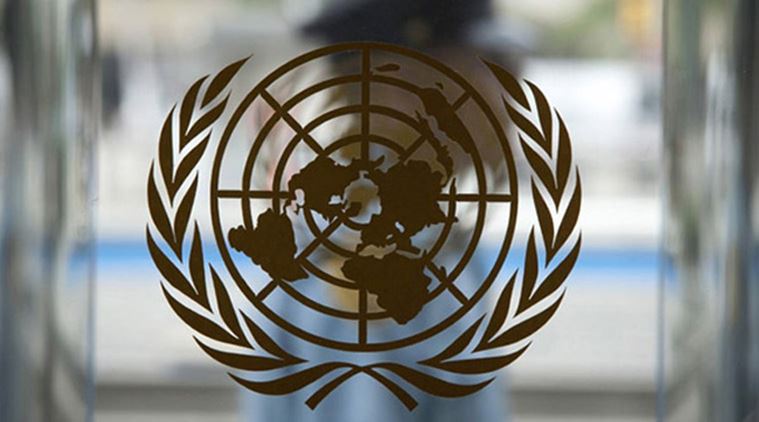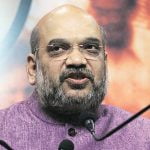

India has voiced problem over the inadequate worldwide humanitarian reaction to the crises around the arena, saying a number of the armed warfare conditions are “persistent” as no longer enough attention has been given to facilitate politics in resolving them.
“Any humanitarian crisis involves both brief time period and long run components to it. Our efforts need to consciousness on all such elements along with threat discount, improving response measures and sustainable recuperation efforts to reap success,” India’s Deputy everlasting consultant to the UN Tanmaya Lal stated at the ECOSOC Humanitarian Affairs section general debate right here.
He stated whilst good enough investment for emergency response stays a full-size task, emphasis on long run planning to help construct resilience in countries, in which wished, is also essential.
An schedule for humanityEbola outbreak ‘strolling’ beforehand of world’s response: UN officialChinese takeaway: PLA is going OutIndia no longer to be deterred with the aid of terror attacks in AfghanistanArmed intervention have to be used as closing motel: IndiaIndia for cease to ‘vicious cycle’ of violence in GazaAn agenda for humanityEbola outbreak ‘running’ ahead of world’s response: UN officialChinese takeaway: PLA is going OutIndia now not to be deterred with the aid of terror assaults in AfghanistanArmed intervention have to be used as ultimate lodge: IndiaIndia for give up to ‘vicious cycle’ of violence in GazaAn time table for humanityEbola outbreak ‘jogging’ ahead of global’s reaction: UN officialChinese takeaway: PLA goes OutIndia not to be deterred through terror assaults in AfghanistanArmed intervention ought to be used as closing resort: IndiaIndia for stop to ‘vicious cycle’ of violence in Gaza
“most of the armed struggle situations are continual where inadequate attention has been given, together with by means of the safety Council, to facilitate politics in resolving the conflicts,” he said on Monday.
Lal stated that the value, geographical expanse and frequency of humanitarian crises around the arena requiring international help is turning into exceptional but the international humanitarian response in lots of instances is falling “extensively brief” of the demanding situations posed.
“We have to reflect on approaches to cope with the challenges in terms of mobilisation of assets required for emergency assistance and also the extra long run strengthening of resilience in character nations to plan for and manipulate the crises when they get up,” he stated.
“The efforts ought to be to supplement the countrywide efforts and help them build capacities to satisfy with the crises themselves over long run,” he stated.
He mentioned that in recent times, there had been attempts to blur categories of those impacted by using crises together with the refugees, migrants and the Internally Displaced individuals.
“The global frameworks drawn up by way of the global network also are awesome for special categories, especially the refugees and migrants, which require worldwide cooperation in view of the implications of their move-border mobility. The IDPs are, and should remain the priorities of the countrywide jurisdiction,” he said.
He mentioned that any other problem of contention appears to be the humanitarian and development divide, mainly within the context of useful resource allocation as worldwide help.
“improving development degrees continually leads to situations wherein individual nations are capable of manipulate the crises better themselves. consequently, it is in anybody’s hobby, including the vendors of assistance whether or not for improvement or for humanitarian remedy, to preserve attention on financing for improvement for extra effective and sustainable efforts,” he said.
He mentioned the measures taken by India to build its countrywide and nearby capacities to plan for and control catastrophe conditions, including that the government adopted a country wide catastrophe control Plan that seeks to strengthen approaches to save you, mitigate and manage disaster situations.




